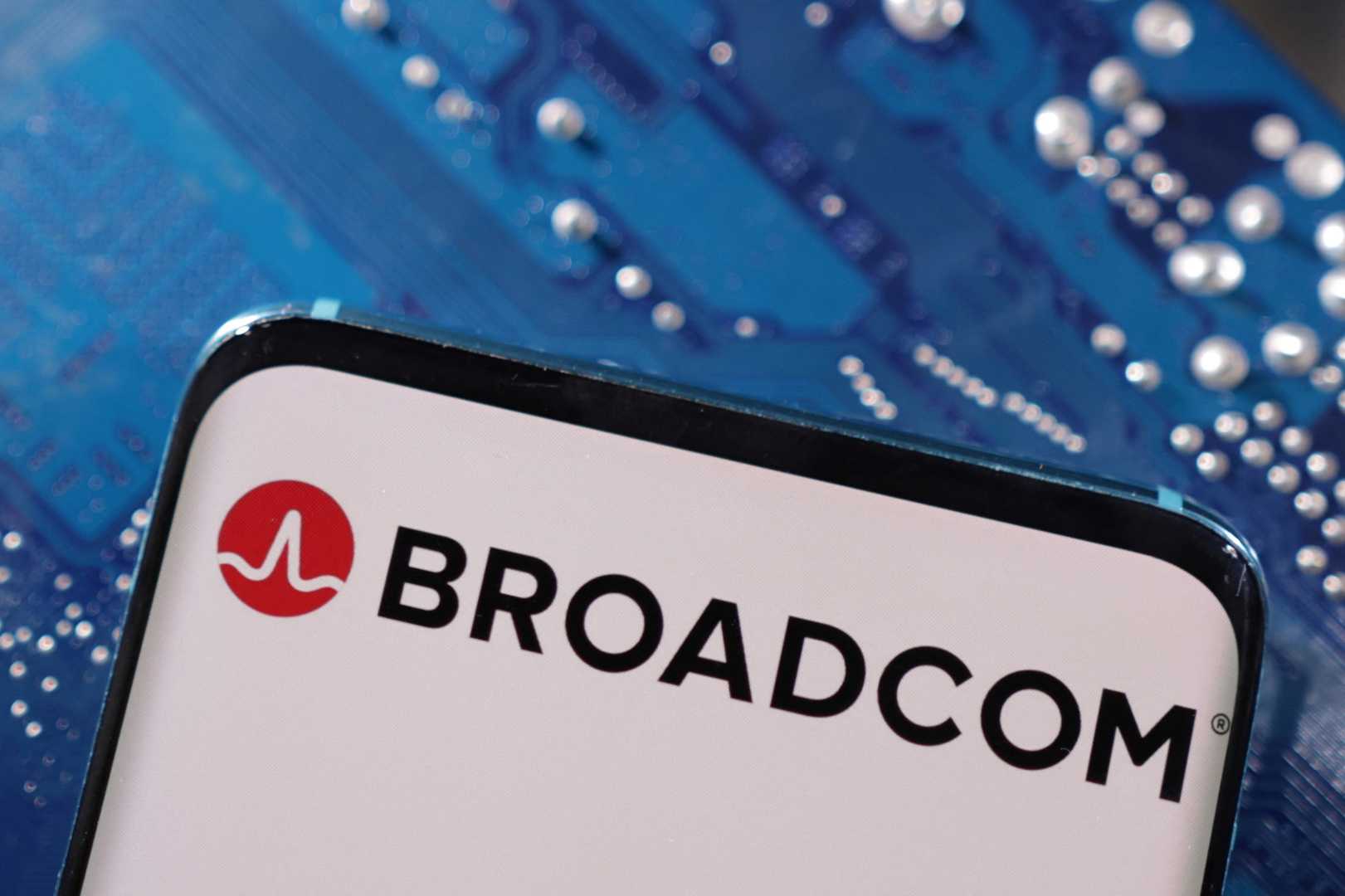Business
Broadcom Reports Strong Earnings Amid AI Growth Surge

IRVINE, Calif. — Broadcom Inc. released its fiscal second-quarter earnings report on June 5, revealing significant growth driven by artificial intelligence (AI) demand. The technology giant reported a 20% increase in revenue year-over-year, totaling $15.0 billion. AI chip sales specifically surged 46% compared to last year, reaching $4.4 billion.
Looking ahead, Broadcom estimates that AI chip revenue will jump nearly 60% to $5.1 billion in the July quarter, reflecting the ongoing strength of the AI sector. Management indicated that they anticipate reaching $50 billion in AI revenue by fiscal 2027, a substantial increase from $12 billion in fiscal 2024.
This encouraging guidance led Morningstar to raise its fair value estimate for Broadcom stock to $225 per share, up from $200. Despite this optimism, shares dipped 5% in after-hours trading, suggesting that much of this growth was already priced in. According to Morningstar analyst Gautami Thombare, Broadcom’s valuation reflects a fiscal 2025 adjusted price/earnings multiple of 34 times and an enterprise value/sales multiple of 17 times.
Broadcom’s wide economic moat is bolstered by its proprietary chip designs and the high switching costs of its software products. The company boasts profitability and a unique competitive edge, primarily driven by its semiconductor business covering various domains, including enterprise networking and wireless chips. Thombare remarked, “The company has a strong position in chip design expertise that continues to benefit its networking and wireless divisions.”
Moving forward, Broadcom aims to bolster its cash flow. In the near term, efforts will focus on reducing debt incurred during the VMware acquisition. As of October 2024, Broadcom reported $9 billion in cash against $68 billion in gross debt.
However, Broadcom also faces challenges. It is vulnerable to supply-demand cycles in the chip market and relies heavily on Taiwan Semiconductor Manufacturing Company (TSMC) for supplies. A strained relationship with TSMC could impact production capabilities, although Broadcom is considered a priority customer.
Concerns about future leadership loom, as CEO Hock Tan approaches his 70s. His leadership has significantly shaped Broadcom’s strategy, and the potential for new management to replicate current efficiencies remains untested.
Overall, while Broadcom’s immediate outlook is positive, the company must navigate its strategic priorities and market vulnerabilities moving forward.












